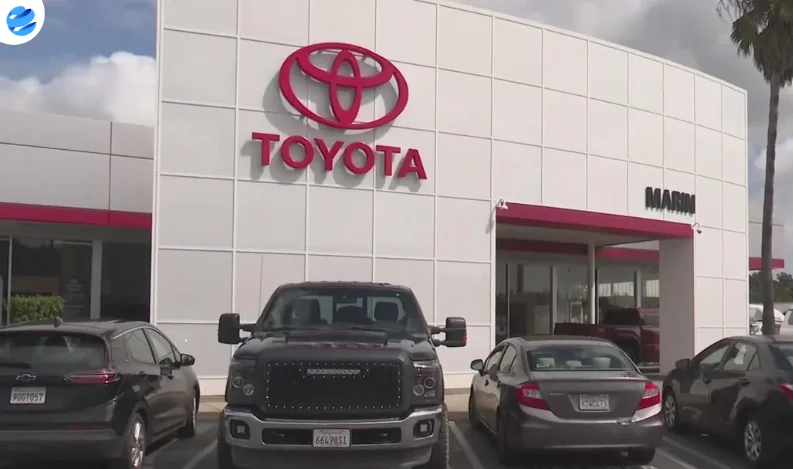Tokyo: Japanese automakers saw a sharp rise in their stock prices on Tuesday following confirmation that U.S. auto tariffs on Japanese vehicle imports would be reduced from 25% to 15%. The announcement, made by Prime Minister Shigeru Ishiba and later confirmed by U.S. President Donald Trump, triggered a market-wide rally in Japan’s automotive sector.
Toyota shares surged over 15%, leading the gains, while Honda jumped more than 11%. Nissan climbed over 9%, Mazda gained over 17%, and Mitsubishi Motors rose more than 13%, reflecting investor optimism over improved export terms to the U.S., Japan’s second-largest trading partner.
The revised tariff structure includes a 12.5% base rate and an additional 2.5% under the “Most Favored Nation” clause, according to a report by Japan’s public broadcaster NHK. The move comes after Trump’s earlier imposition of a 25% blanket tariff on imported vehicles in March, which had come into effect in early April.
South Korean automakers also saw a positive reaction. Hyundai rose 7%, and Kia gained 6.75%, on expectations that regional automotive exports could benefit from easing U.S. trade tensions with Asia.
Auto exports represent a critical part of Japan’s economy, accounting for 28.3% of all shipments to the U.S. in 2024, according to customs data. However, the industry has struggled in recent months, with exports to the U.S. falling 26.7% in June and 24.7% in May, as per trade ministry figures.
“This is very good news for Japanese automakers,” said Ed Rogers, CEO of Rogers Investment Advisors. “While competition from Chinese and South Korean carmakers remains strong, this provides short-term assurance that U.S. tariffs will be manageable.”
President Trump’s announcement came as part of a broader trade agreement with Japan, which he referred to as the “largest Deal ever” on his Truth Social platform. Trump said Japan will invest $550 billion in the U.S. and that America will “receive 90% of the Profits.” He added that Japan has agreed to open its markets to a wider range of American goods, including automobiles, trucks, rice, and other agricultural products.
Markets in Japan responded swiftly, with the Nikkei 225 closing up over 3% and several auto stocks hitting multi-year highs.























